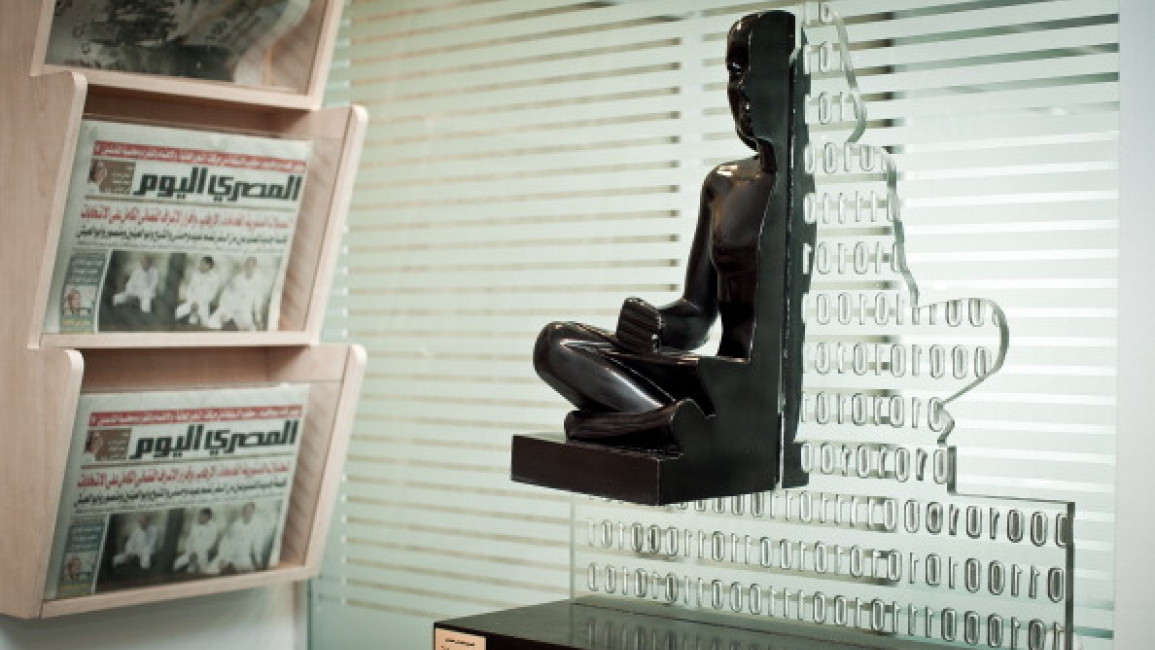'No food for infidels before iftar': fatwa published by Egyptian newspaper sparks outrage
A controversial fatwa [edict] published on Tuesday by Egypt's privately-owned daily Al-Masry Al-Youm newspaper that calls for a ban on serving food before iftar time during the Islamic holy month of Ramadan to "infidels" has sent shockwaves across the country.
The fatwa was released by preacher Mohamed Saleh El-Munajjid, a Syrian national of Palestinian origin who lives in Saudi Arabia, the hotbed of Wahhabism, an extremist interpretation of Islam.
In Islam, a Muslim is allowed not to fast during Ramadan for several reasons, including if they are travelling long distances, during pregnancy, breastfeeding, chronic illnesses, menstruation and postpartum haemorrhage.
El-Munajid's fatwa set off an uproar in Egypt where about 10% of its population follows Christianity, and many believe that the extremist preacher was referring to them as "infidel."
Meanwhile, the Supreme Council for Media Regulation summoned Al-Masry Al-Youm's legal advisor for questioning over the published fatwa. The council, an independent entity known for being loyal to the current regime, is tasked with monitoring local media performance.
Later in the day, the newspaper published an apology and a retraction on its website.
"Al-Masry Al-Youm institution owes its readers a sincere apology for the….bizarre fatwa run by one of the journalists…[newspapers] in a clear violation [of the paper’s editorial policy] without checking…The fatwa labelled whoever has a different religion as being an 'infidel', a description never used or approved by Al-Masry Al-Youm," the statement read.
The public outrage over the published fatwa comes after another controversy earlier this week in which a Coptic Christian woman named Selvia Botros posted on her Facebook page about a negative experience she had with her children at a famous local Koshary restaurant in Cairo.
Botos wrote that the waiter reprimanded her after her child ate a small amount of food before iftar time, under the pretext that these were "the rules of the place," even though they told him that they were not fasting.
"Is fasting an obligation even to us as Christians?" she wrote.



